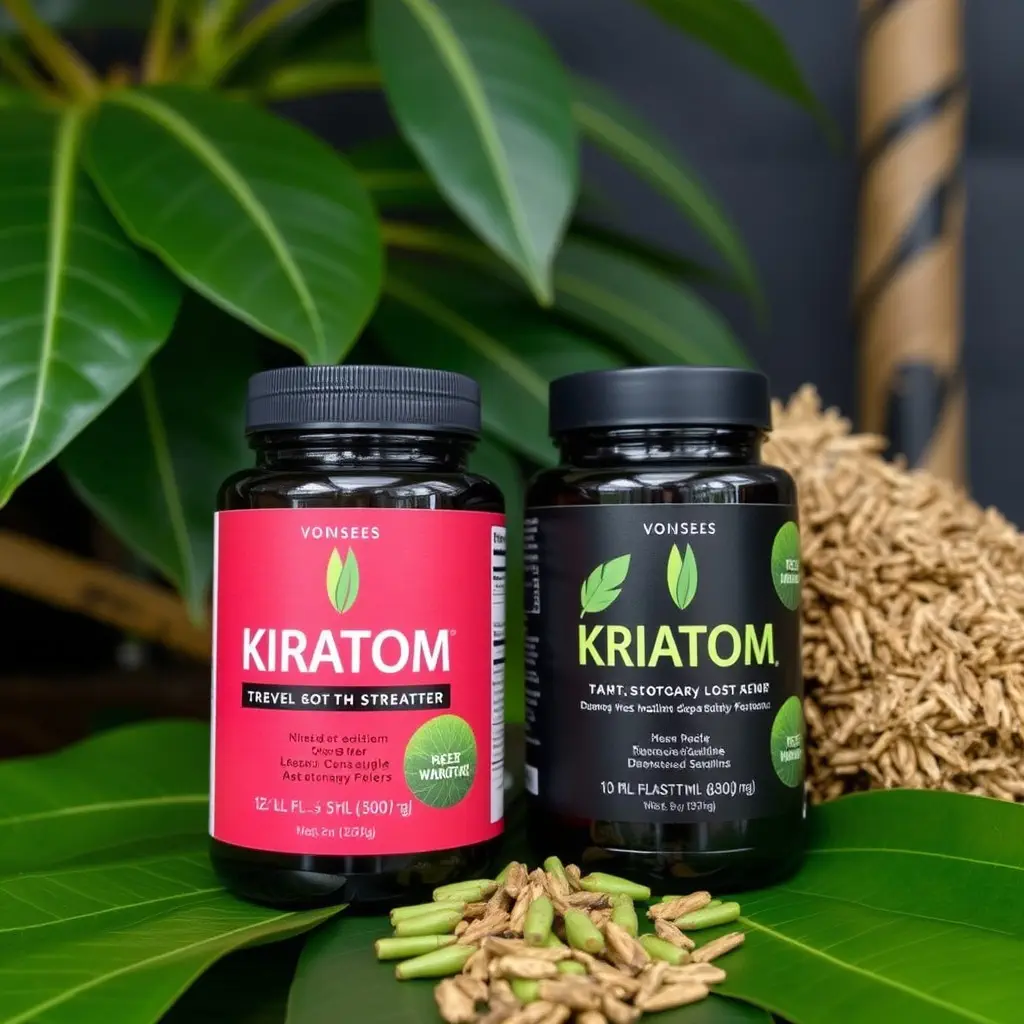Kratom, derived from Mitragyna speciosa leaves, is gaining popularity among athletes as a natural athletic performance support. Its active compounds interact with opioid receptors, boosting dopamine and serotonin levels for enhanced cognitive function and increased energy. While kratom shows promise, more research is needed to fully understand its safety profiles for competitive athletes. Responsible usage involves understanding individual tolerances, starting with small doses, and consulting healthcare professionals before incorporating it into workout routines.
Kratom, a natural herb from Southeast Asia, has gained attention as an athletic performance support tool. Known for its diverse compounds, it offers more than just mood enhancement; specific kratom strains are renowned for their ability to provide sustained energy and focus. This article delves into the science behind kratom’s natural energy-boosting properties, explores its potential role in athletic performance enhancement, and provides insights on safe usage for athletes looking for alternative support.
- Understanding Kratom and Its Natural Energy-Boosting Properties
- The Role of Kratom in Athletic Performance Enhancement
- Exploring Safe Usage and Potential Benefits for Athletes
Understanding Kratom and Its Natural Energy-Boosting Properties
Kratom, derived from the leaves of the Mitragyna speciosa tree, is a natural herb that has gained significant attention for its potential energy-boosting properties. This plant, often used for its analgesic and stimulant effects, offers a unique profile of alkaloids that interact with various bodily systems to enhance focus, motivation, and overall alertness. Its ability to support athletic performance has been explored by many, as kratom can help individuals push through fatigue and mental barriers during intense physical activities.
The herb’s primary energy-boosting mechanism lies in its active compounds, such as mitragynine and 7-hydroxymitragynine, which act on opioid receptors in the brain and body. This interaction leads to increased dopamine and serotonin levels, resulting in enhanced cognitive function and a heightened sense of well-being. For athletes and individuals seeking natural ways to improve their athletic performance, kratom offers a promising alternative, providing sustained energy without the jittery side effects often associated with synthetic stimulants.
The Role of Kratom in Athletic Performance Enhancement
Kratom, derived from the leaves of the Mitragyna speciosa plant, has gained attention for its potential as an athletic performance booster. While primarily known for its relaxing and pain-relieving effects, kratom can also enhance focus, endurance, and energy levels. This makes it a promising natural alternative for athletes looking to improve their training without relying heavily on stimulants.
In the realm of athletic performance support with kratom, various compounds within the plant are believed to play a role. Mitragynine, the primary active alkaloid, has been studied for its ability to increase energy production and reduce fatigue. Additionally, kratom’s opioid-like properties can interact with certain receptors in the body, potentially improving motivation and physical performance. However, further research is needed to fully understand its mechanisms of action and safety profiles, especially for competitive athletes.
Exploring Safe Usage and Potential Benefits for Athletes
Kratom, a natural herb known for its diverse effects, has gained interest among athletes as an athletic performance support. When used responsibly and in moderation, kratom can potentially enhance energy levels, reduce fatigue, and improve focus during workouts. However, it’s crucial to approach this alternative booster with caution.
Safe usage involves understanding individual tolerances, starting with smaller doses, and adhering to recommended guidelines. Athletes should consult healthcare professionals before incorporating kratom into their routines, especially as pre-workout supplements. The herb’s effects can vary widely based on personal chemistry, making informed and careful exploration essential for optimal benefits without adverse side effects.
Kratom emerges as a promising natural alternative for athletes seeking athletic performance support. Its energy-boosting properties, backed by scientific research, suggest potential benefits in enhancing endurance and focus during training and competition. When used responsibly and within safe guidelines, kratom can be a valuable addition to an athlete’s holistic approach to wellness, offering a sustainable way to optimize performance without compromising health.






